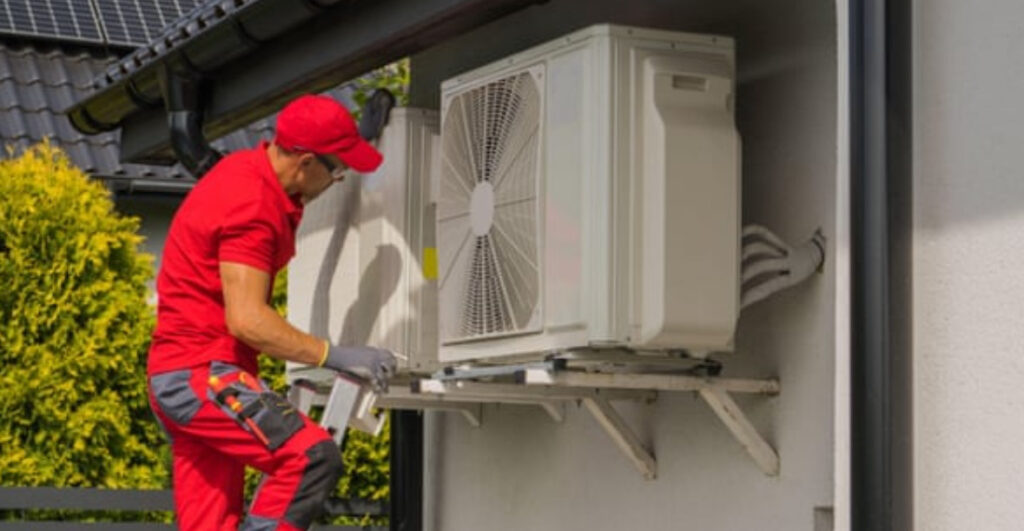A new study has found that the number of UK homes experiencing uncomfortably high temperatures during the summer months has quadrupled over the past decade, now affecting a staggering 80% of households.
Researchers have labelled the situation a “crisis” as the nation grapples with rising temperatures driven by the global climate emergency.
While the UK has traditionally been concerned with winter warmth, most housing stock remains ill-equipped for the intensifying summer heat. The research warns that thousands of lives are already being lost annually due to extreme heat, with the toll expected to increase without urgent adaptation efforts.
The findings, published in Energy Research & Social Science, revealed a dramatic surge in both overheating and air conditioner use. The proportion of homes relying on air conditioning rose from just 3% in 2011 to 21% in 2022—a sevenfold increase.
Experts caution that this growing reliance on cooling systems risks overwhelming the national grid, worsening emissions, and creating inequities for those unable to afford such technology.
Prompted by the record-breaking 2022 heatwaves, which saw UK temperatures exceed 40°C for the first time, the study surveyed nearly 1,600 households.
It found that over a third of respondents reported overheating daily, with another 19% experiencing such conditions five to six days per week.
Sleep disturbances, fatigue, headaches, and reduced productivity were common complaints. Moreover, half of those surveyed admitted to lacking knowledge on how to cope with extreme heat.
Dr Mehri Khosravi of the University of East London, who led the study, described the results as “shocking.” She noted that the nearly 4,500 heat-related deaths during the 2022 heatwaves are often hidden in statistics, frequently manifesting through heart attacks, strokes, and respiratory illnesses.
“Culturally, Britons are still unfamiliar with seeing heat as a threat,” said Dr Khosravi. “For many, warm weather is a chance to socialise, not something to fear. Yet simple behavioural changes—like staying indoors, hydrating properly, and avoiding alcohol—can save lives.”
Homes constructed after 1900 were found to be twice as likely to overheat, particularly those with high energy efficiency ratings (EPC bands A and B).
Khosravi attributed this to modern construction standards, which prioritise insulation and airtightness, often at the expense of proper ventilation.
Bob Ward, chair of the London Climate Ready Partnership, said the findings underscored the gravity of the problem. “Overheating in UK buildings is already killing hundreds annually and is a drag on productivity. Yet it has never received the level of policy attention it urgently requires.”
He criticised the UK’s climate adaptation strategy, published in 2023, as “woefully inadequate” in addressing heat risks. “We are facing a national emergency, and successive governments have failed to act,” he warned.
As global temperatures continue to climb, the researchers stress that both building design and public behaviour must evolve swiftly to prevent further tragedies.


